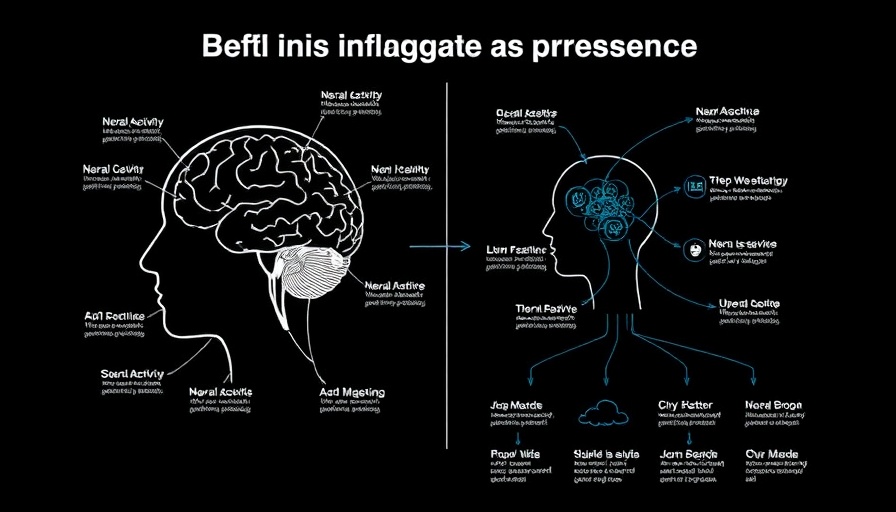
Discovering the Link: AI and Our Brain’s Language System
Recent research from the Swiss Federal Institute of Technology in Lausanne (EPFL) reveals a fascinating connection between artificial intelligence and the human brain's language system. As artificial intelligence continues to evolve, understanding how it functions provides valuable insight into both AI technology and human cognition.
Understanding Large Language Models (LLMs)
Large language models (LLMs) like ChatGPT have gained significant attention due to their capability to understand and generate human-like text. While they excel at language-related tasks, there is still much to learn about the inner workings of these complex systems. The EPFL study highlights how certain units within these models resemble specific networks found in the human brain, specifically those responsible for language processing.
A Closer Look At Language-Selective Units
The researchers focused their study on 18 prominent LLMs to identify 'language-selective units,' which are units that activate more intensely when processing real sentences compared to random word lists. This mirrors the function of the Language Network in the brain. The analogy emphasizes how closely AI models can mirror human cognitive processes, challenging our understanding of machine intelligence.
The Impact of Turning Off Language Units
In a revealing experiment, the EPFL team removed the language-selective units from the LLMs and compared their performance to models where random units were removed instead. The results were striking. When the crucial language units were turned off, the models struggled significantly with generating coherent text and fell short on various linguistic benchmarks. This finding indicates that these specialized AI units play a pivotal role in language understanding and generation.
Why Does This Matter?
This research not only pushes the boundaries of machine learning and artificial intelligence but also opens up discussions on the implications for future AI development. Understanding the parallels between AI unit functions and human brain processes could lead to advancements that enhance AI’s linguistic capabilities and ethical deployment in real-world applications.
Exploring the Future of AI
As artificial intelligence enters deeper realms of cognition, researchers and industry leaders must consider the ethical implications. If LLMs can mirror human thought processes, discussions around accountability, bias, and transparency in AI technologies become increasingly crucial. Addressing these issues will not only foster trust but also enhance the collaboration between humans and AI.
 Add Row
Add Row  Add
Add 




Write A Comment